Strategic Progress Tracking
“In business, the idea of measuring what you are doing, picking the measurements that count like customer satisfaction and performance… you thrive on that.”
Bill Gates
Co-Founder, Microsoft
Performance tracking
with dashboards
The structure and content of dashboards is generally determined by their purpose: that is, what they measure, and who will use them. For example, senior management members of a company might want to track the performance of a strategy over the progression of months, quarters, or years. On the other hand, a project manager might want a granular view of how many of the assigned tasks were completed by her/his team, and how far they are from the end goal.
That’s why there are different types of dashboards. Some examples include operational performance dashboards, strategic dashboards, analytical dashboards, tactical dashboards, and so on.
Strategy
Starter Package
Build your strategy quickly with our strategy starter packages.
We understand that you would like to implement your ideas sooner rather then later. Bring your team together for an engaging workshop and let us do the rest!



